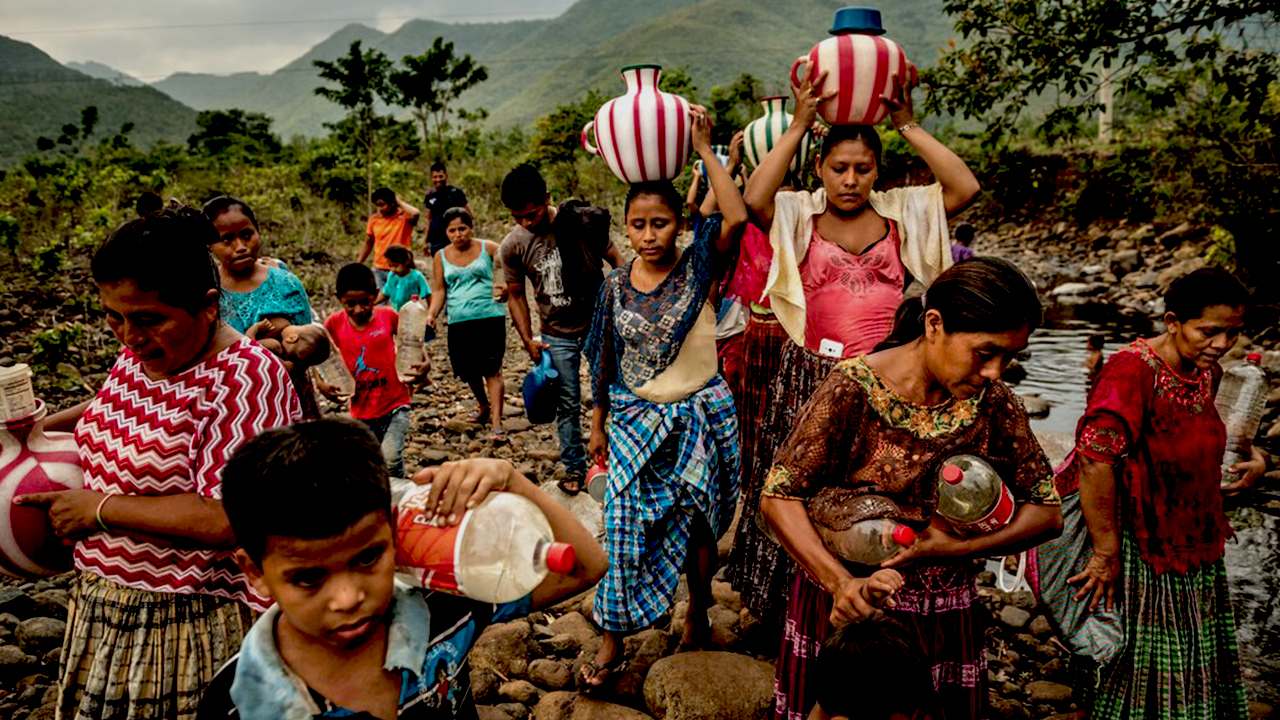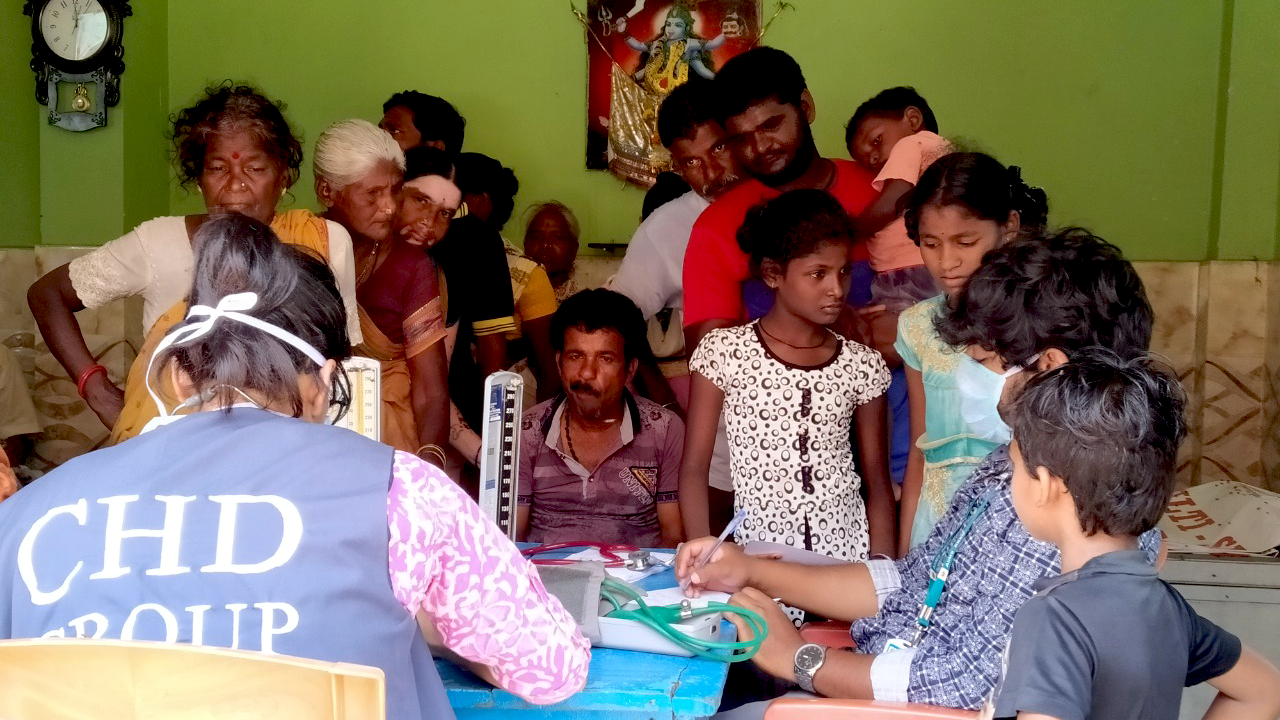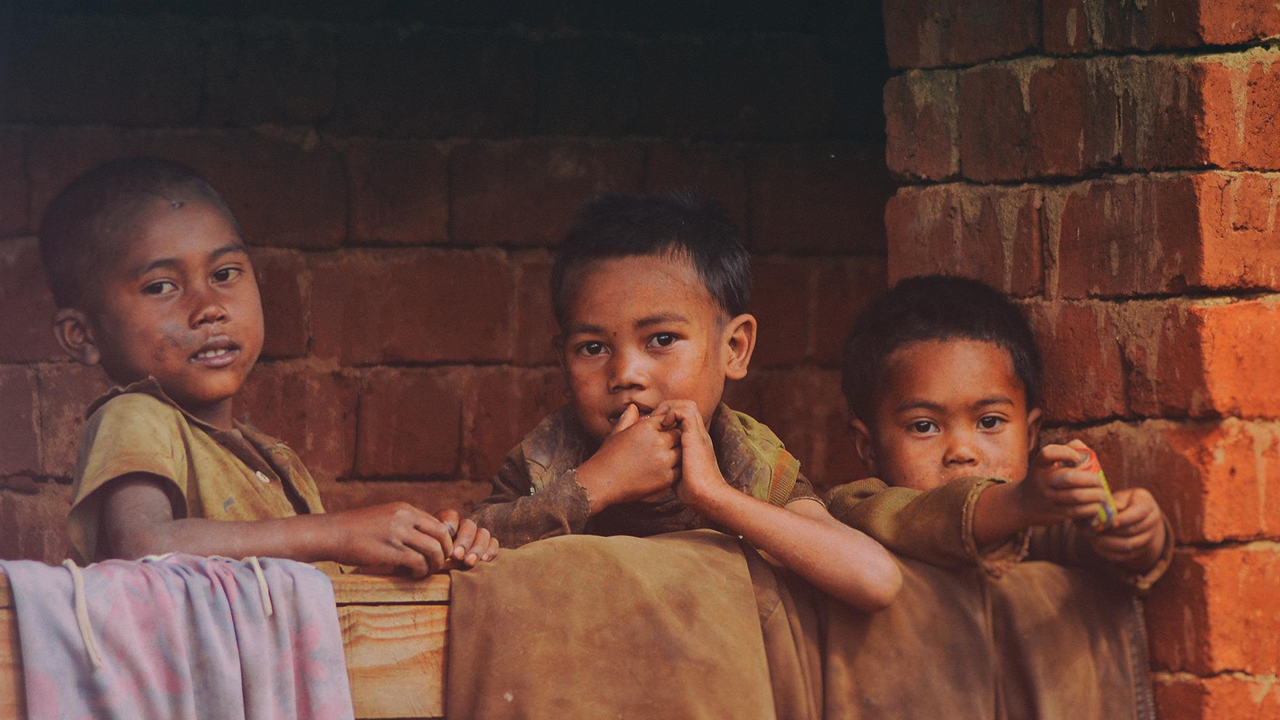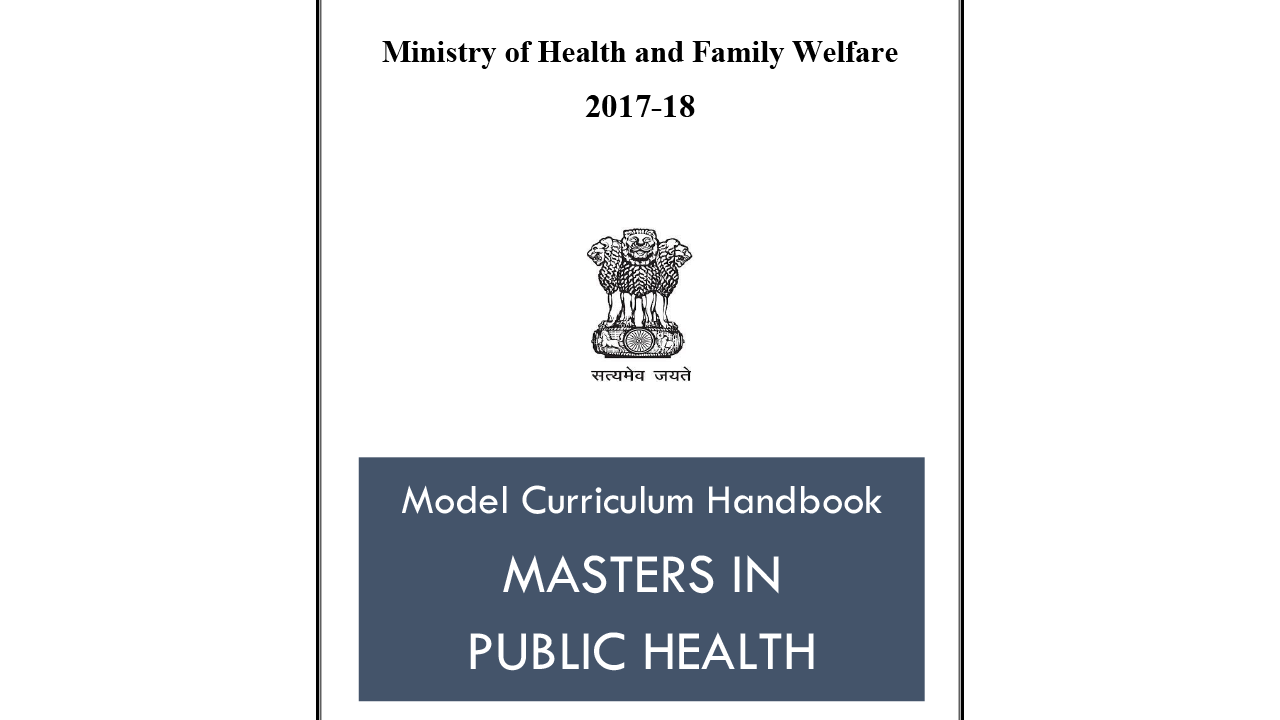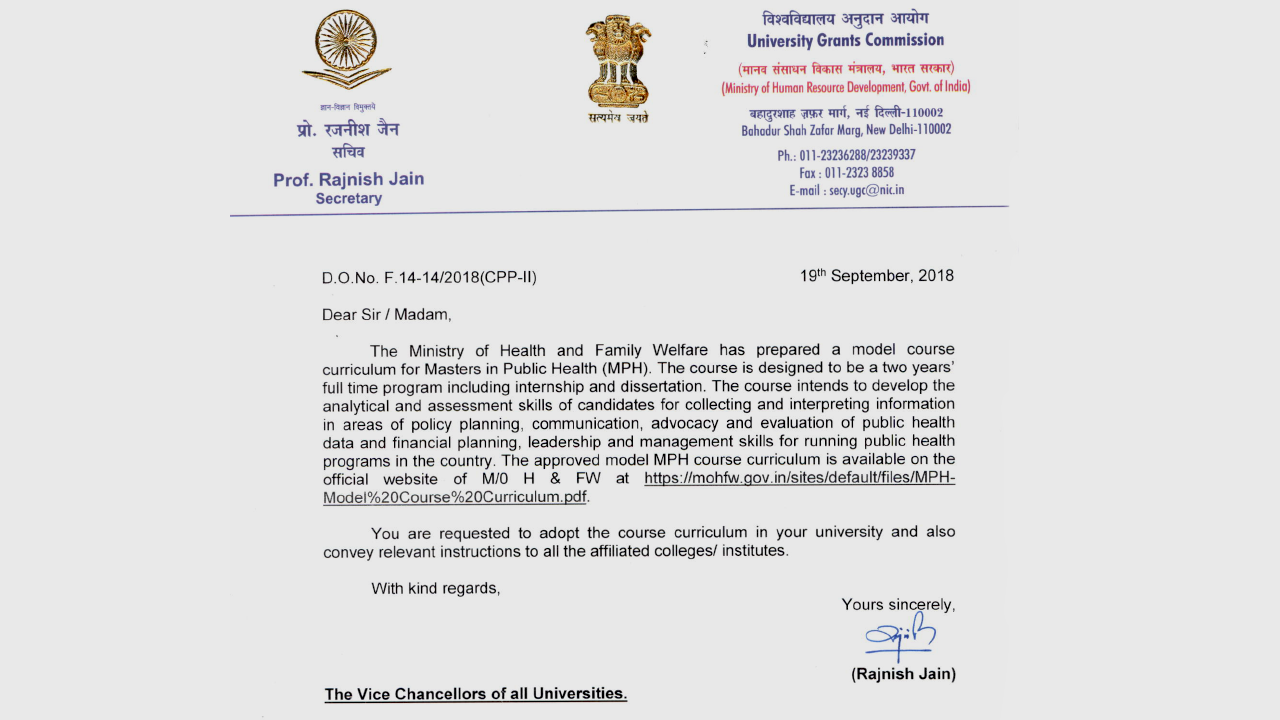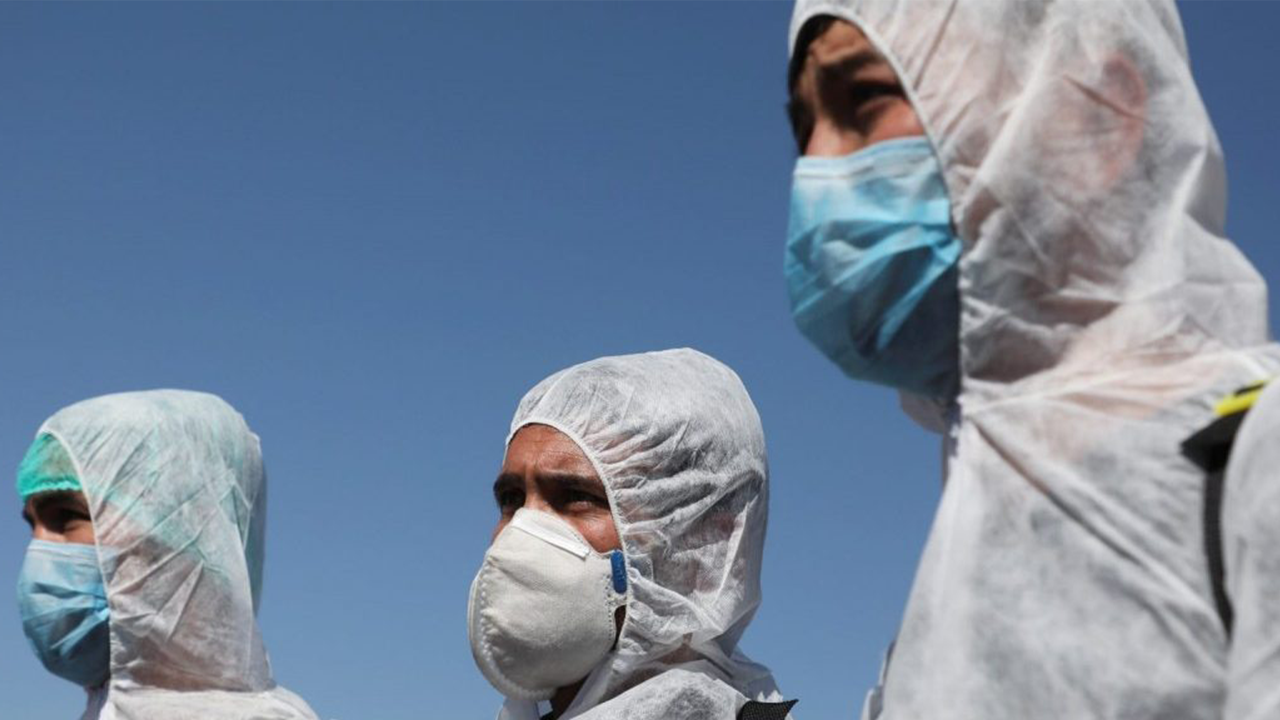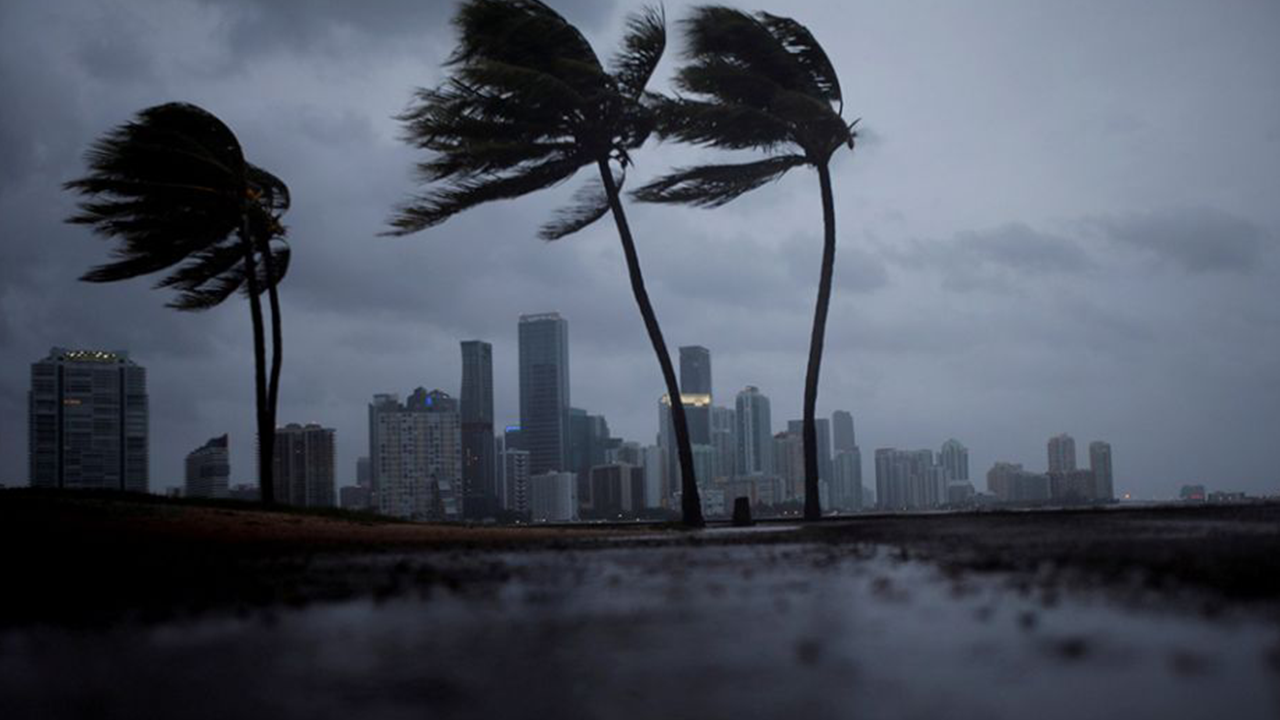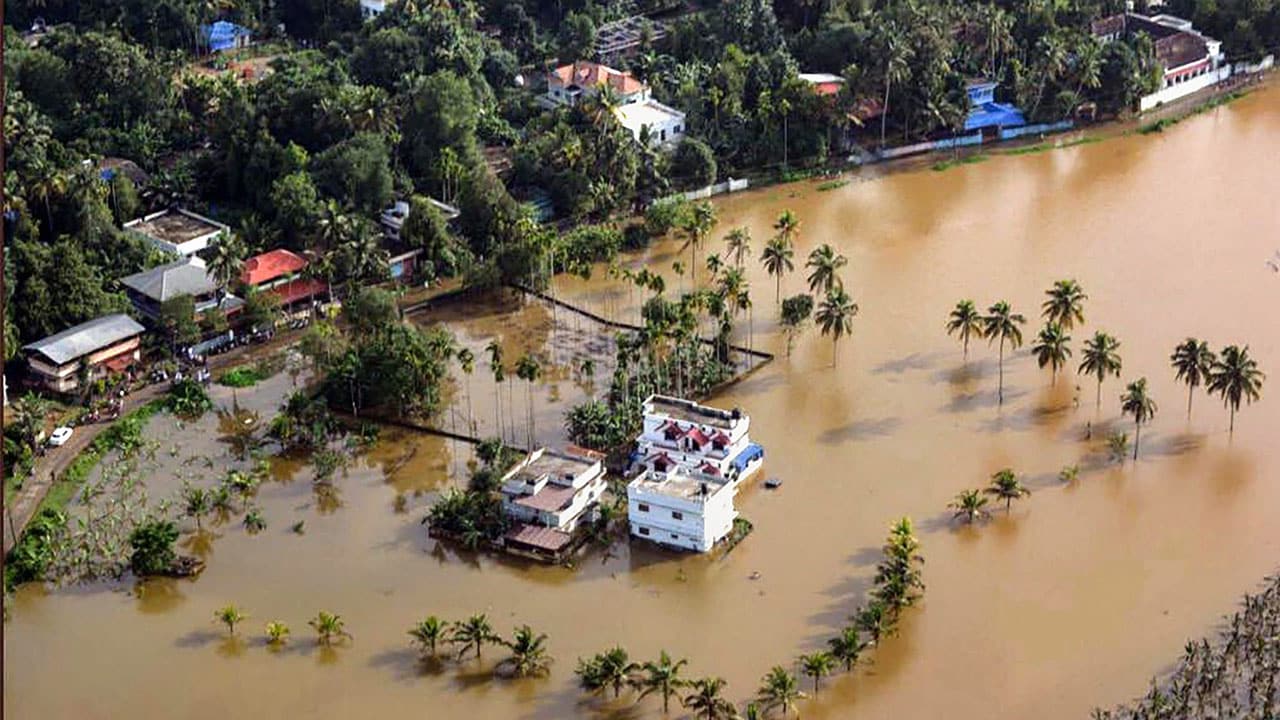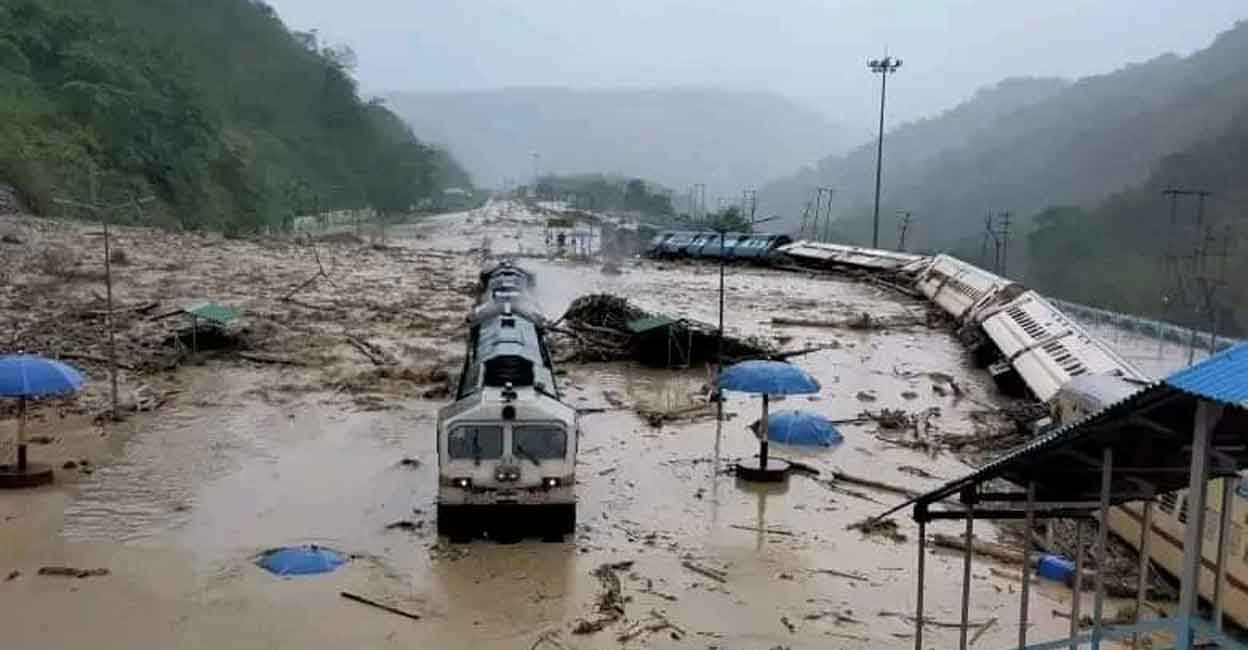Disasters and emergencies became a part of communities around the world. Local communities or existing infrastructures are not designed and framed to withstand the consequences of emergencies that are happening presently around the world. The extended shortcomings to support the post-disaster phases and rehabilitation in communities breaks down the expectations and hopes of sustainable growth…
Read MoreBuilding community resilience calls for understanding how systemic risks influence policy outcomes and why existential gaps need to be plugged to tackle the nexus of public health consequences – extreme weather events and natural disasters. The pandemic has exposed the fault-line threadbare which imposes new questions and also calls for an amendment to the Disaster…
Read MoreMalnutrition is a condition, where deficient or excess nutrient intake or imbalance of required micronutrients is on daily recommendations. The double burden of malnutrition (DBM) concept first emerged in the year,1992 at the International Conference on Nutrition (ICN) conducted by the Food and Agriculture Organization of the United Nations (FAO) and the World Health Organization…
Read MoreCorresponding Author: Dr. Fatemeh RezaeiEmail: f.rezaei.pro@gmail.com Adopting effective coping strategies in a worsening crisis situation require authorities to identify, assess, and plan immediately the situation. The challenge we are currently facing in Iran is COVID-19, which has received widespread attention due to the rising number of death and illnesses in the community. The Iranian government…
Read MoreClimate change is a deep-rooted public health threat which introduced a change in the global or regional climate pattern a few years ago. The severity of climate change is triggered by global warming resulting in extreme changes in weather patterns including unbearable heat and cold, unpredicted rains, rise in sea levels and air pollution. The…
Read MoreThe scenic state of Kerala is currently threatened by extreme climate events, despite being known for its moderate tropical climate. Over the past few years, the weather pattern has rapidly changed. The monsoon season in Kerala normally lasts from June through July; but, in recent years, August and September have seen sudden bursts of extremely…
Read MoreSome countries due to their special cultural and social context have more cultural, ethnic, and religious diversity than other parts. Societies like India, Iran, and other neighboring countries may have such variations or differences more than other countries. Of course, it cannot be said that other countries are exempted from this, while today most countries…
Read MoreStakeholders & practitioners of disaster risk reduction have practiced and approached disaster from a lens of a Standard Operating Protocol with limited cross sectoral convergence. Unfortunately, whether we like it or no, planetary outcomes and nature’s approach to weather events have no protocols. Thus, we need to approach a post disaster scenario from a perspective…
Read More
